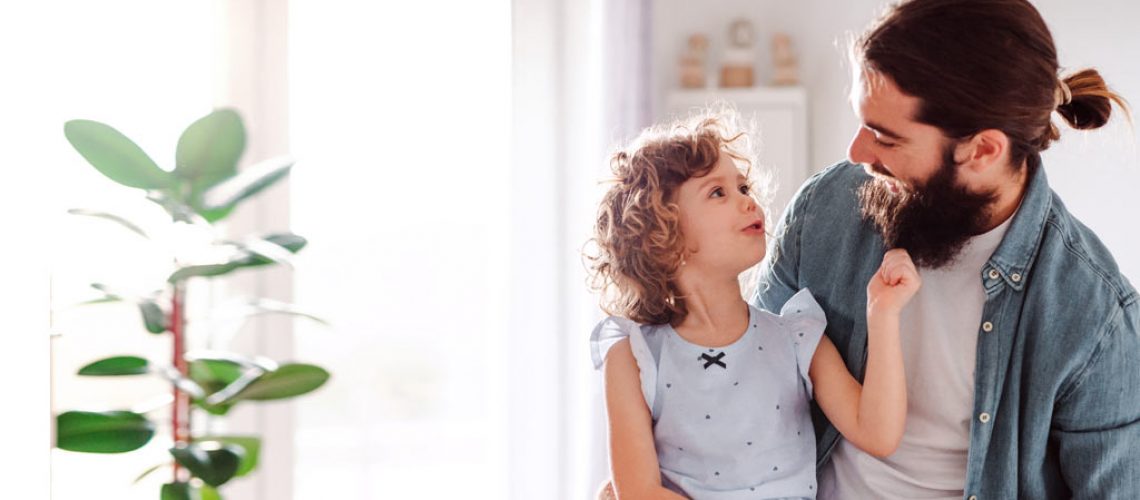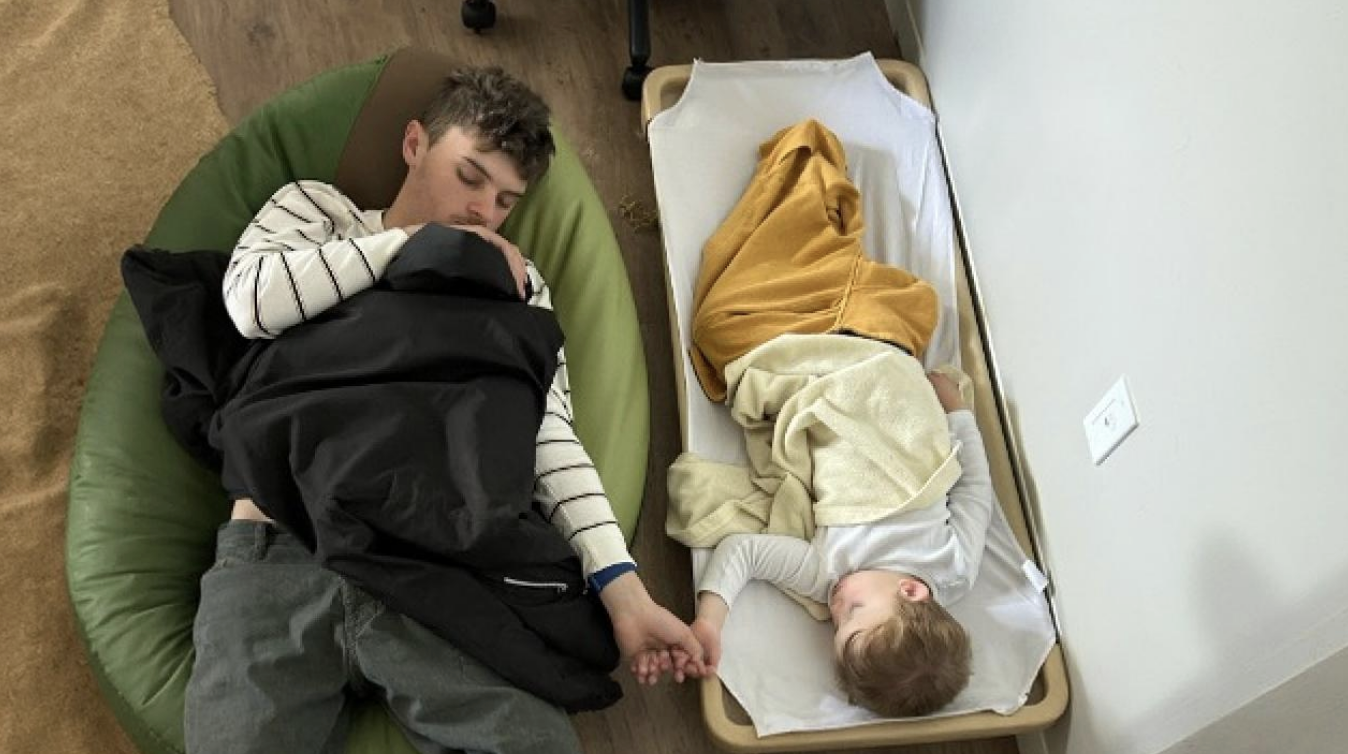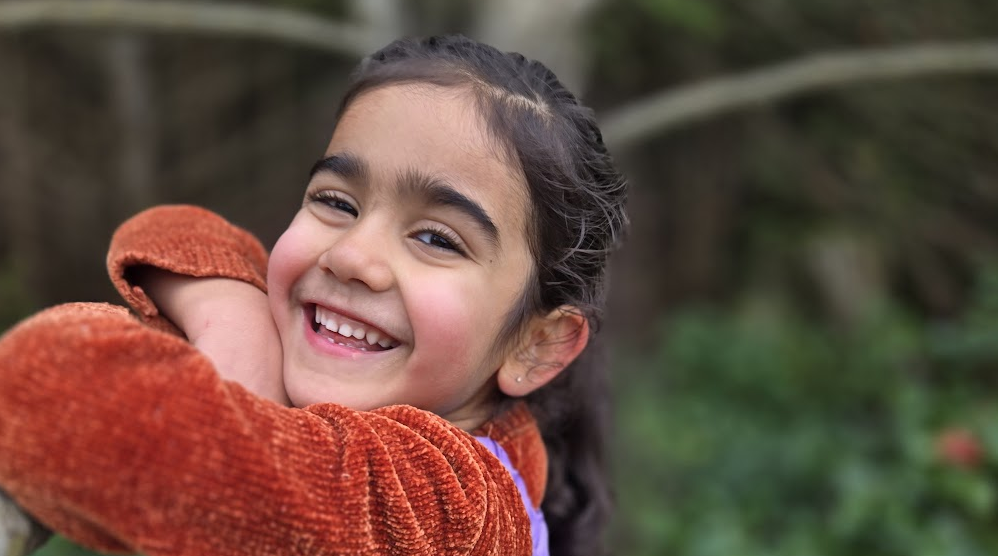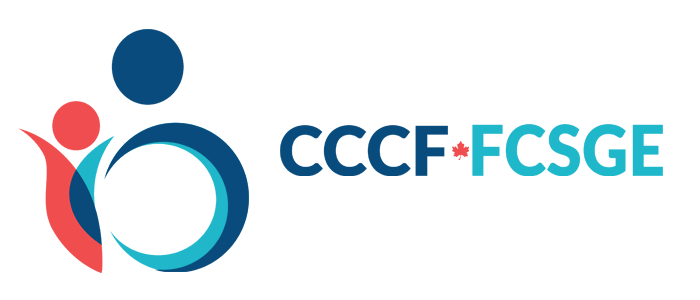Children learn and grow through participating and engaging with others. Active participation involves expressing their ideas and having their views listened to, respected and valued by adults and peers. All children – no matter what age or stage of development – are able to express themselves, though the ways and means may differ. Babies cry, babble or make gestures to communicate while older children use words, drawing, music and play to express their thoughts and emotions. The responsibility falls on parents and caregivers to create opportunities for children to express themselves, to “hear” what children have to say and show that they take these views seriously.
Show children that they are being heard
- Be attentive and available.
- Show you are interested and focused by getting down to the child’s eye level.
- Make the child feel comfortable about expressing herself by providing encouragement.
- Be patient and allow the child time to verbalize what she is trying to say.
- Ask questions and paraphrase to ensure that you truly understand the child’s message.
- Realize that the types of questions you ask can encourage or discourage the child’s participation in a conversation. Ask open-ended questions to encourage the child to elaborate.
- Be aware that if you model active listening skills with the child, she is more likely to listen actively to others. Listening skills help the child to have meaningful interactions with others.
” The responsibility falls on parents and caregivers to create opportunities for children to express themselves, to “hear” what children have to say and show that they take these views seriously.”
Support children to speak, participate and decide
- See each child as possessing personal, individual stories and take into consideration their family, social, economic, cultural, religious and developmental differences.
- Use a variety of methods to listen and observe children’s views. This means paying attention to the children not just when they are speaking, but in all forms of participation. Children’s play, art and behaviours should be observed and followed up on.
- Create activities that allow children the chance to gain a sense of their own capabilities and empowerment through leading.
- Support children as they express themselves and follow their “lead” by going with the spontaneous learning opportunities that arise.
- Realize that children will be more engaged when they are learning about something that interests them.
- Recognize children’s interests and developing skills and adjust activities and routines to better suit their needs and enable them to participate more actively.
- Recognize that adaptations might be needed to give children with special needs opportunities to participate.
- Give young children increasing control over their personal care as they demonstrate ability.
- Seek children’s opinions about matters that affect them.
- Explain why a particular decision is taken.
- Consider the potential of all young children, not just the ones with the strongest voices.
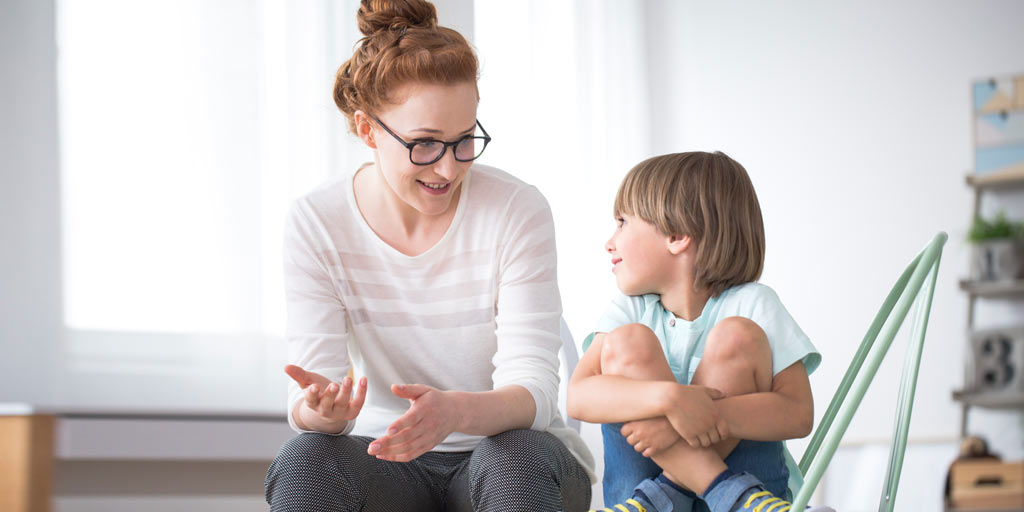
I have the right to be heard!
Children have the right to express their views and be active participants in their own lives. This is known as the “right to be heard,” and it is recognized by the United Nations Convention on the Rights of the Child (CRC). The CRC, which was adopted by the UN in November 1989, outlines basic human rights to which children everywhere are entitled. The right to be heard is embodied in Article 12 of the Convention, which states the following:
- States Parties shall assure to the child who is capable of forming his or her own views the right to express those views freely in all matters affecting the child, the views of the child being given due weight in accordance with the age and maturity of the child.
- For this purpose, the child shall in particular be provided the opportunity to be heard in any judicial and administrative proceedings affecting the child, either directly, or through a representative or an appropriate body, in a manner consistent with the procedural rules of national law.


